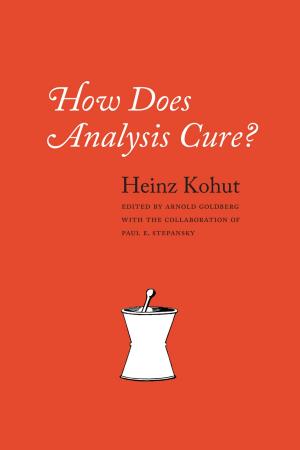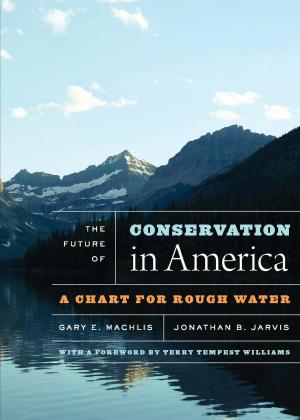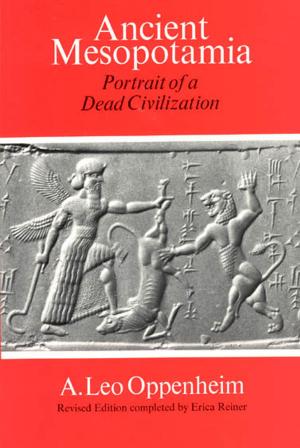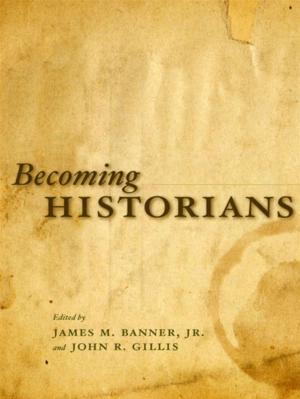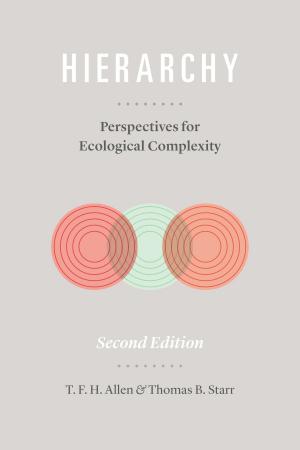Human Capital in History
The American Record
Business & Finance, Economics, Macroeconomics, Economic History| Author: | ISBN: | 9780226163925 | |
| Publisher: | University of Chicago Press | Publication: | November 5, 2014 |
| Imprint: | University of Chicago Press | Language: | English |
| Author: | |
| ISBN: | 9780226163925 |
| Publisher: | University of Chicago Press |
| Publication: | November 5, 2014 |
| Imprint: | University of Chicago Press |
| Language: | English |
America’s expansion to one of the richest nations in the world was partly due to a steady increase in labor productivity, which in turn depends upon the invention and deployment of new technologies and on investments in both human and physical capital. The accumulation of human capital—the knowledge and skill of workers—has featured prominently in American economic leadership over the past two centuries.
Human Capital in History brings together contributions from leading researchers in economic history, labor economics, the economics of education, and related fields. Building on Claudia Goldin’s landmark research on the labor history of the United States, the authors consider the roles of education and technology in contributing to American economic growth and well-being, the experience of women in the workforce, and how trends in marriage and family affected broader economic outcomes. The volume provides important new insights on the forces that affect the accumulation of human capital.
America’s expansion to one of the richest nations in the world was partly due to a steady increase in labor productivity, which in turn depends upon the invention and deployment of new technologies and on investments in both human and physical capital. The accumulation of human capital—the knowledge and skill of workers—has featured prominently in American economic leadership over the past two centuries.
Human Capital in History brings together contributions from leading researchers in economic history, labor economics, the economics of education, and related fields. Building on Claudia Goldin’s landmark research on the labor history of the United States, the authors consider the roles of education and technology in contributing to American economic growth and well-being, the experience of women in the workforce, and how trends in marriage and family affected broader economic outcomes. The volume provides important new insights on the forces that affect the accumulation of human capital.


